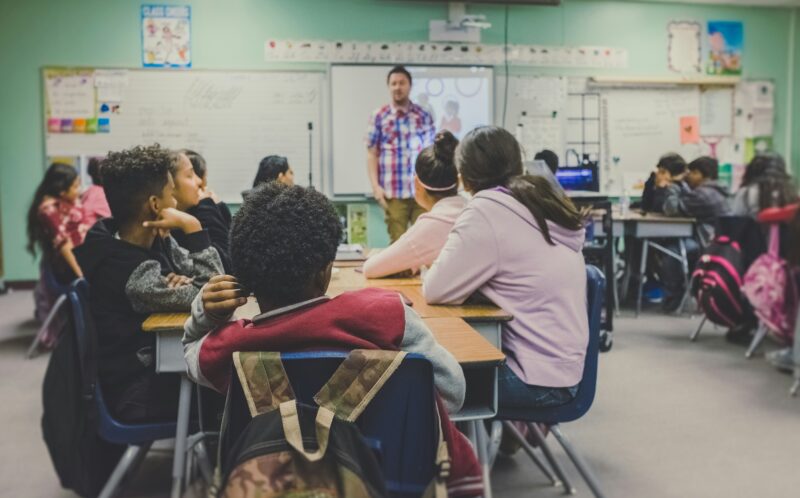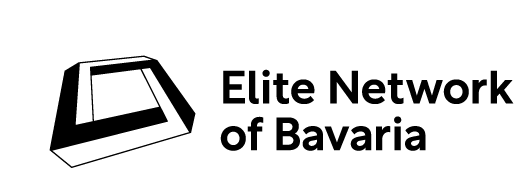

Steffen Bruse
My academic journey does not follow a straightforward pathway. After school, I studied law for three semesters but quickly realised that I did not like the subject. Afterwards, I studied business administration and management. I had the opportunity to choose electives in the area “sustainable economics and development” which I really enjoyed. It was that time that I decided I want to devote my career to help achieving a sustainable transformation of society. After completing my bachelor’s degree, I therefore began a master’s degree in sustainability science at Leuphana University of Lüneburg. One of the most striking insights I gained during my studies is the realisation that current systems (e.g. economic or educational systems) are based on human paradigms and that these paradigms can change. This realisation sparked my interest in education for sustainable development. I believe this might be a fruitful leverage point for achieving perspective changes that might ultimately lead to paradigm shifts needed for transformation.
Contact: steffen.bruse@rcc.lmu.de

Educational science assumes that learning takes place not only through explicit knowledge transfer, but also alongside it through unspoken values, norms or rituals of the education-al environment (“hidden curriculum”). My research project aims at investigating whether and how a hidden curriculum of schools might influence learning with regard to sustaina-bility.
Sustainability hidden? Case study-based investigation of the influence of the hidden curriculum on students’ sustainability understanding/competencies.
Educational science assumes that learning takes place not only through explicit knowledge transfer, but also alongside it through unspoken values, norms or rituals of the education-al environment (“hidden curriculum”). My research project aims at investigating whether and how a hidden curriculum of schools might influence learning with regard to sustaina-bility.
